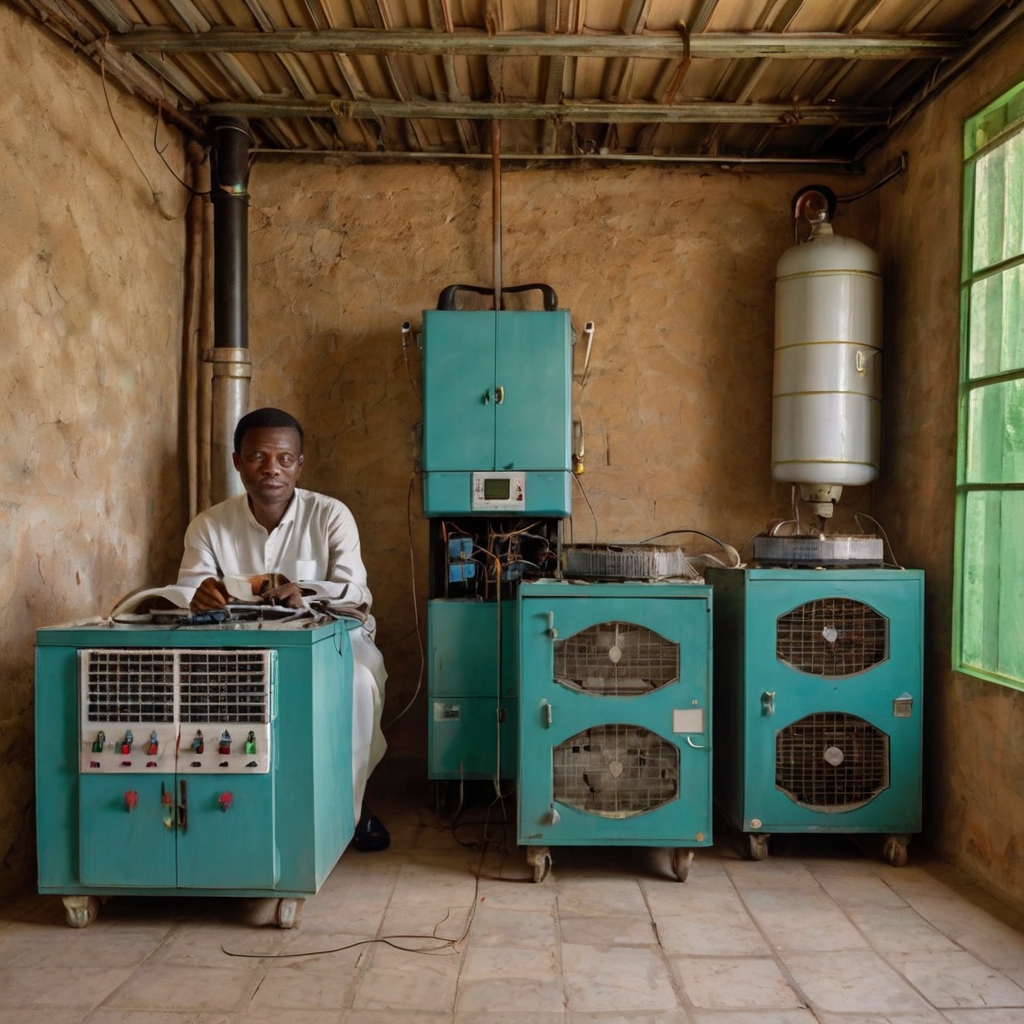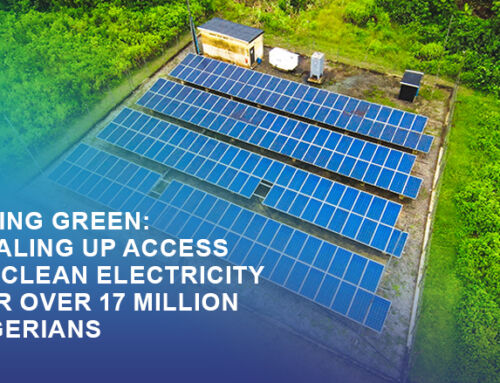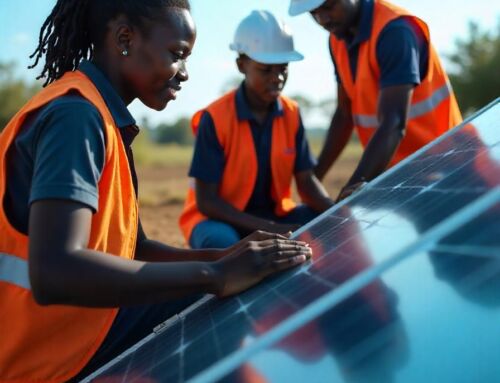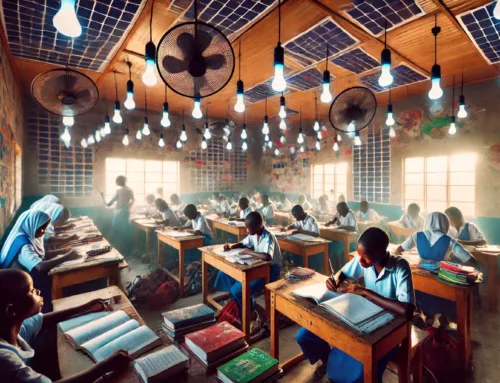Energy-Saving Tips for Nigerian Homes and Businesses
Nigeria, with its growing energy demands and challenges with grid stability, necessitates a focus on energy efficiency. Whether you’re a homeowner or a business owner, adopting energy-saving practices can significantly reduce your electricity bills, minimize your environmental impact, and contribute to a more sustainable future.
Energy-Saving Tips for Homes:
- Embrace Energy-Efficient Lighting:
- LED Revolution: Replace traditional incandescent bulbs with energy-efficient LED bulbs. They consume significantly less energy while providing comparable or even brighter light.
- Harness Natural Light: Maximize natural light during the day by opening curtains and blinds. This reduces the need for artificial lighting and can significantly lower your electricity consumption.
- Timer Switches: Install timer switches on outdoor lights to ensure they only operate during necessary hours.
- Optimize Appliance Usage:
- Unplug Electronics: Even when turned off, many electronic devices continue to draw power (“phantom load”). Unplug chargers, appliances, and electronics when not in use to minimize energy waste.
- Wash Smarter: Wash clothes in cold water whenever possible. Modern detergents are highly effective in cold water, and this significantly reduces the energy consumption of your washing machine.
- Air-Dry Clothes: Utilize Nigeria’s abundant sunshine and breeze by air-drying clothes whenever possible. This eliminates the need for energy-intensive electric dryers.
- Choose Energy-Efficient Appliances: When replacing appliances, opt for energy-efficient models with high energy star ratings. These appliances consume less energy, saving you money on your electricity bills in the long run.
- Efficient Water Heating:
- Solar Water Heaters: Consider installing solar water heaters to harness the sun’s energy for heating water. This significantly reduces reliance on electricity for water heating.
- Insulate Water Heaters: Insulate your water heater to minimize heat loss and maintain water temperature efficiently.
- Climate Control:
- Strategic Air Conditioning: Use air conditioning sparingly. Utilize fans whenever possible to cool down your home.
- Proper Insulation: Ensure your home is adequately insulated to maintain a comfortable temperature and reduce the need for excessive heating or cooling.
Energy-Saving Tips for Businesses:
- Lighting Upgrades:
- LED Transition: Replace traditional lighting with energy-efficient LED fixtures throughout your business premises.
- Daylight Harvesting: Maximize natural light by strategically positioning workstations and utilizing skylights.
- Equipment Efficiency:
- Upgrade Electronics: Replace older, less efficient equipment with newer, energy-efficient models. This includes computers, printers, and other office equipment.
- Power Down Devices: Turn off and unplug electronics when not in use, including computers, printers, and office equipment.
- HVAC Optimization:
- Regular Maintenance: Schedule regular maintenance for your HVAC systems to ensure optimal efficiency and prevent energy waste.
- Temperature Control: Set thermostats to appropriate temperatures and utilize programmable thermostats to optimize heating and cooling schedules.
- Water Conservation:
- Fix Leaks: Promptly repair any leaks in pipes and fixtures to conserve water and reduce the energy required for water heating.
- Install Low-Flow Fixtures: Install low-flow showerheads and faucets to reduce water consumption.
- Employee Awareness:
- Promote Energy-Saving Tips Practices: Educate employees about energy-saving tips for Nigerian Homes and Businesses and encourage them to adopt these practices in their daily work routines.
General Questions
- Why save energy?
It reduces electricity bills and helps the environment. - What are the benefits?
Save money, reduce waste, and extend appliance life.
Energy-Saving Tips for Nigerian Homes
- How to save energy with lighting?
Use LED bulbs and natural light. - How to reduce appliance energy use?
Unplug devices, wash clothes in cold water, and air-dry laundry. - What about cooling and heating?
Use fans, insulate your home, and avoid overusing air conditioning.
Energy-Saving Tips for Nigerian Businesses
- How can lighting save energy?
Use LED lights and maximize natural light. - What about office devices?
Turn off devices and use energy-saving equipment. - How to optimize air conditioning?
Maintain systems and use smart thermostats.
Water Conservation
- How does fixing leaks help?
It saves water and energy for heating. - What are low-flow fixtures?
They use less water, saving energy.
By following these tips, homes and businesses can save energy and money!
Conclusion:
By implementing these energy-saving tips, both homeowners and businesses in Nigeria can significantly reduce their electricity consumption, lower their energy bills, and contribute to a more sustainable future. Remember, every small step towards energy efficiency makes a difference.





